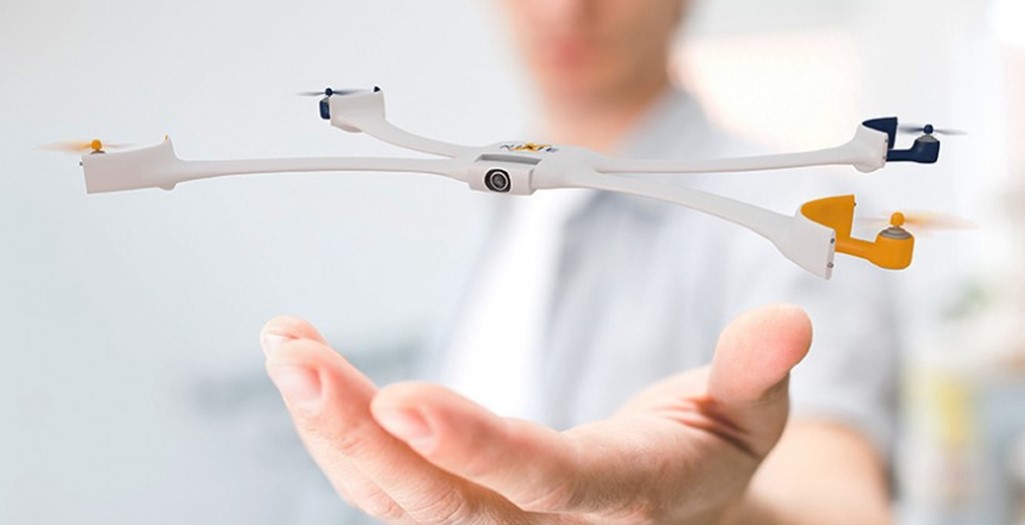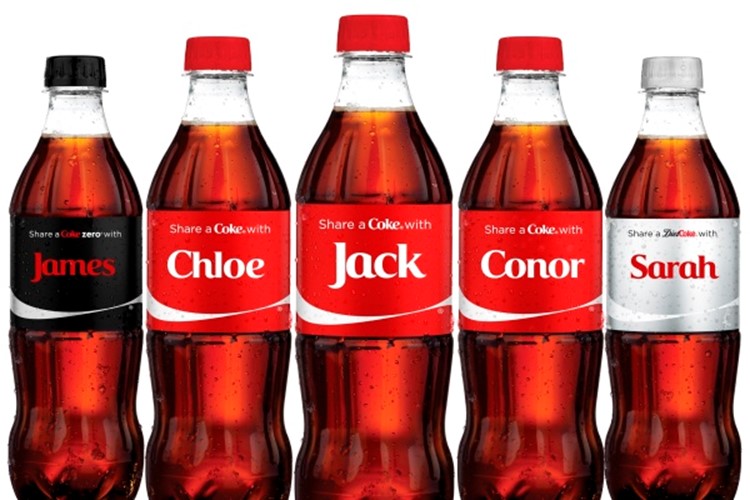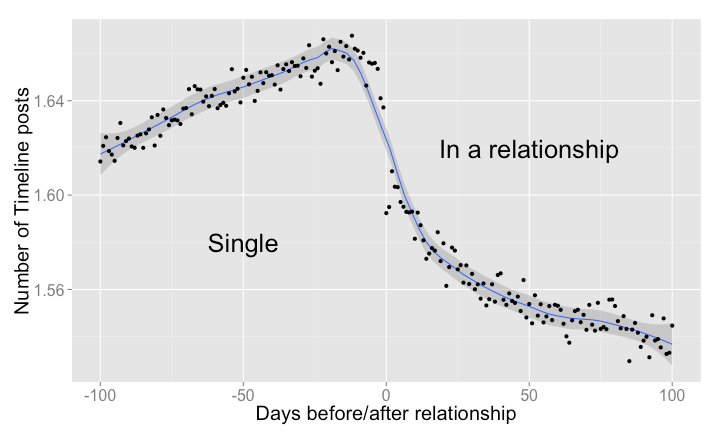The Oddest Cases Of Comparative Advantage
October 7, 2014 in Daily Bulletin

C. Coville wrote about strange cases of one country building market dominance in weird things:
- Sweden is responsible for a lot of our pop music. Producers and musicians increasingly come from the country, in part because the government launched several music schools, and now one in three Swedish children attend after-school music programs.
- We can thank India for the best hair extensions. Since many Indian women don’t treat or blow dry their hair, they make for the best tresses. Some then cut their hair at a temple as an offering, and the clippings are auctioned off for community funds.
- A good number of the Avengers – and movie stars in general – are Australian. Reasons for this include that they’re cheaper than American actors, and project a more chiseled action hero image, than American ones who tend to be more boyish.
Check out the rest of the article which includes musings on the spread of Wahhabism, why producers have to coerce Chris Evans to become Captain America, and more over here.
Source: Cracked










Join the Discussion! (No Signup Required)